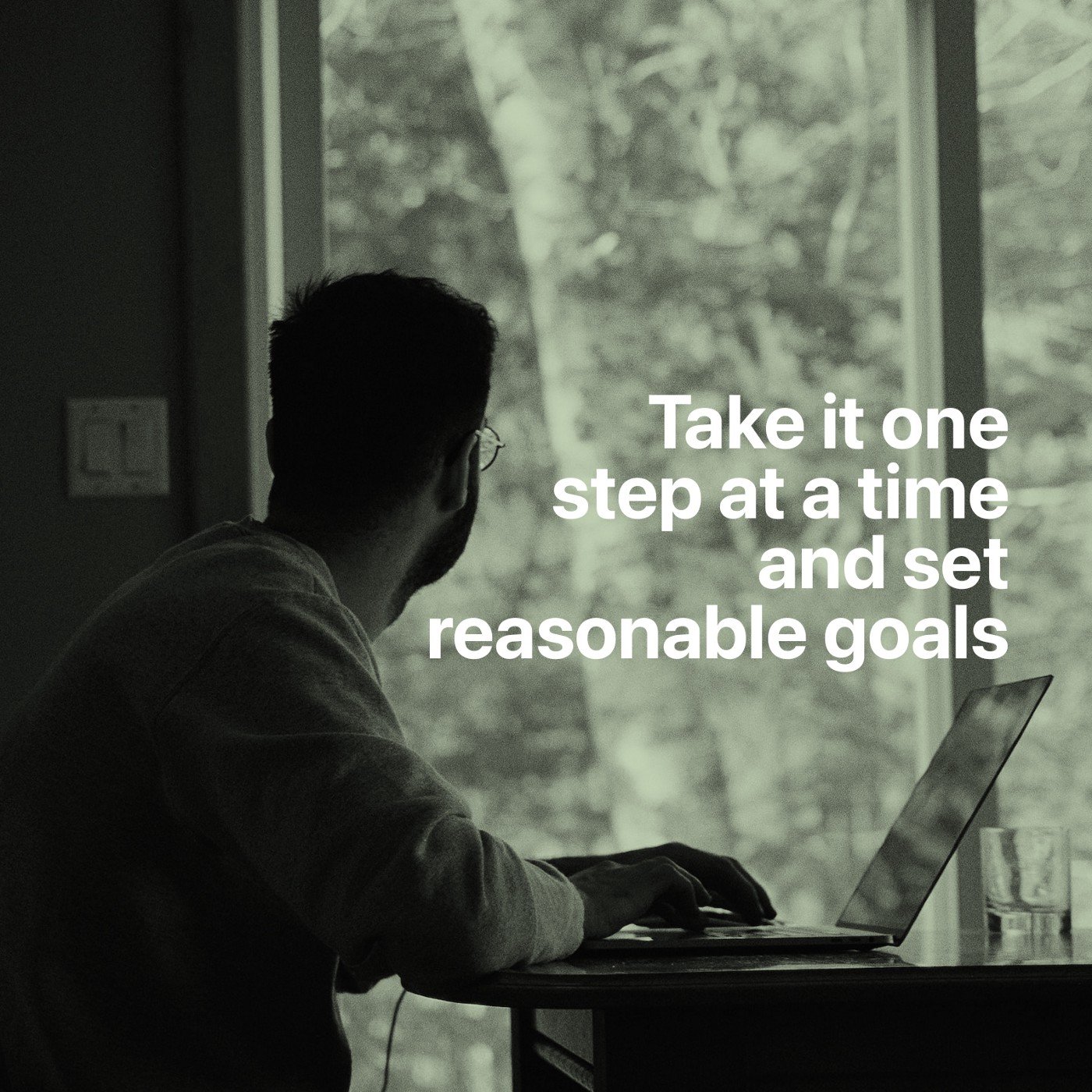5 Tips for Being Productive With a Chronic Illness.
It can be a sad reality, but unfortunately, you may still need to work even if you have a chronic illness. It can sometimes be a struggle, but there are bills to pay and families to support. That doesn’t make it any easier, however, and it can be tough to focus and remain productive during your eight hours at work. In addition to the potential physical limitations, your illness may be invisible, so your coworkers or managers might not understand that you may require a bit more time and care to successfully do your job.
This week’s article is written by the wonderful Katie Brenneman. Thank you Katie for writing this for me.
If you are working with a chronic illness, then we are here to help. We have some tips for how you can understand your body, communicate with your company, and schedule your tasks accordingly, so you can make every day at work a bit easier.
1. Get A Full Understanding Of Your Illness
The first step that you need to take is to get a full understanding of your illness so you can grasp your limitations, set daily goals, and express your needs to your company. Talk to your doctor and ask them what you can safely do at work and the actions you should avoid and follow their directives to the letter.
While it is important that you listen to your body and stop working or completing a task if you feel pain, it is still essential that you speak to your doctor, especially in the case when you may have several chronic illnesses, such as diabetes and asthma. You need to account for all of your medical issues when you are at work. Don’t do anything strenuous until you get the answers.
2. Talk To Your Company
Once you understand your illness and limitations, you should then speak to your company. If you need certain modifications to your physical workspace or limitations for the tasks that you are provided, then you need to make them known. You cannot be angry that your company did not help you if you didn’t tell them that there was something wrong. You should also talk about your schedule. If you need to get to doctor’s appointments at certain times, then ask for a flexible work arrangement. You will be more productive if you are not stressing about your schedule.
Another issue that can hamper your productivity is working in a toxic environment where you do not have the support of your coworkers. If you have a manager or fellow employee who is pushing you too hard or is not understanding of your illness, then talk to your human resources team. There may be a chance to have the team take sensitivity or diversity training, so everyone realizes how they should act around one another to create a professional environment. Conversations about insensitive employees should be discussed privately and never in front of the team.
3. Focus On Your Goals
Now that you are existing in a positive environment, you need to focus on your work. Many times, if we stay busy, then we can forget about the pain for a little while until it’s time to get more medicine or take a break. In order to stay productive, you need to write down what you hope to accomplish each day. Set realistic goals that can be reached even with your limitations, and create a timeline for when you hope to reach each goal. That is a good way to keep your mind occupied throughout the day.
4. Do Not Overestimate What You Can Do In A Day
Remember to be realistic about what you can accomplish with your chronic illness. Do not set goals so strict that they are hard to accomplish. Otherwise, you will sabotage yourself, and if you don’t finish what you set out to do, then you will just feel worse. Instead, set goals that help you to complete your core work or the tasks that are expected of you from your manager. Then, once you reach those goals and you are feeling great, you can move on to some of your additional tasks and get that extra feeling of accomplishment.
5. Take Advantage Of Sick Time
Studies show that working with a chronic illness can lead to increased absenteeism and a lack of productivity. That can often happen because many people push themselves too far, and when their illness gets worse, they are unable to work. If your aim is to be productive, then you need to take it one day at a time and know your limitations.
With that said, you are given sick days for a reason, and if you know that you will be unable to fulfill your responsibilities, then do not be afraid to call out sick. By doing so, you can rest your body and your mind and return to work feeling refreshed and ready to take on a new day.
As you can see, there are several ways that you can work and pay the bills, even if you have a chronic illness. Just remember to take it one step at a time and set reasonable goals, and you can stay productive throughout the day.
Katie Brenneman is a passionate writer specialising in lifestyle, mental health, education, and fitness-related content. When she isn’t writing, you can find her with her nose buried in a book or hiking with her dog, Charlie. To connect with Katie, you can follow her on Twitter.
Thank you for reading my stories! 😊
If you would like to receive all the productivity and time management content I create each week in one convenient email, you can subscribe to my weekly newsletter here
You can also learn more about what I do here on my website
Finally, don’t forget to say hello on Twitter, YouTube or Facebook

